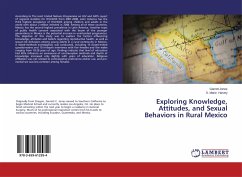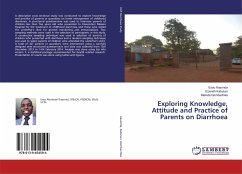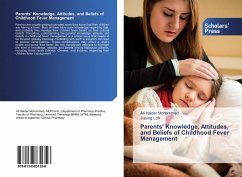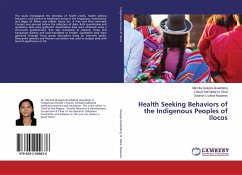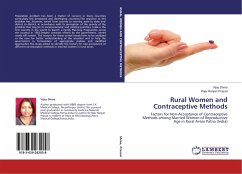According to The Joint United Nations Programme on HIV and AIDS report of regional statistics for HIV/AIDS from 2001-2008, Latin America has the third highest prevalence of HIV/AIDS among children and adults in the world with about 2 million infected in 2008. Among all of these countries, Mexico has the second highest prevalence in Latin America. Another topic of public health concern associated with the boom of the younger generations in Mexico is the potential increase in unintended pregnancies. The objective of this study was to explore the factors influencing knowledge, attitudes and beliefs regarding reproductive health, as well as sexual risk behaviors among young adults in a rural community in Mexico. A mixed-methods investigation was conducted, including 10 closed-ended questionnaires and 10 in-depth interviews with five females and five males ranging from 18-28 years of age. Findings indicate that level of education had little influence on awareness of contraceptive methods and depth of knowledge increased only slightly with years of education. Religious affiliation was not related to contraceptive preference and/or use, and pre-marital sex was less common among females.
Bitte wählen Sie Ihr Anliegen aus.
Rechnungen
Retourenschein anfordern
Bestellstatus
Storno

